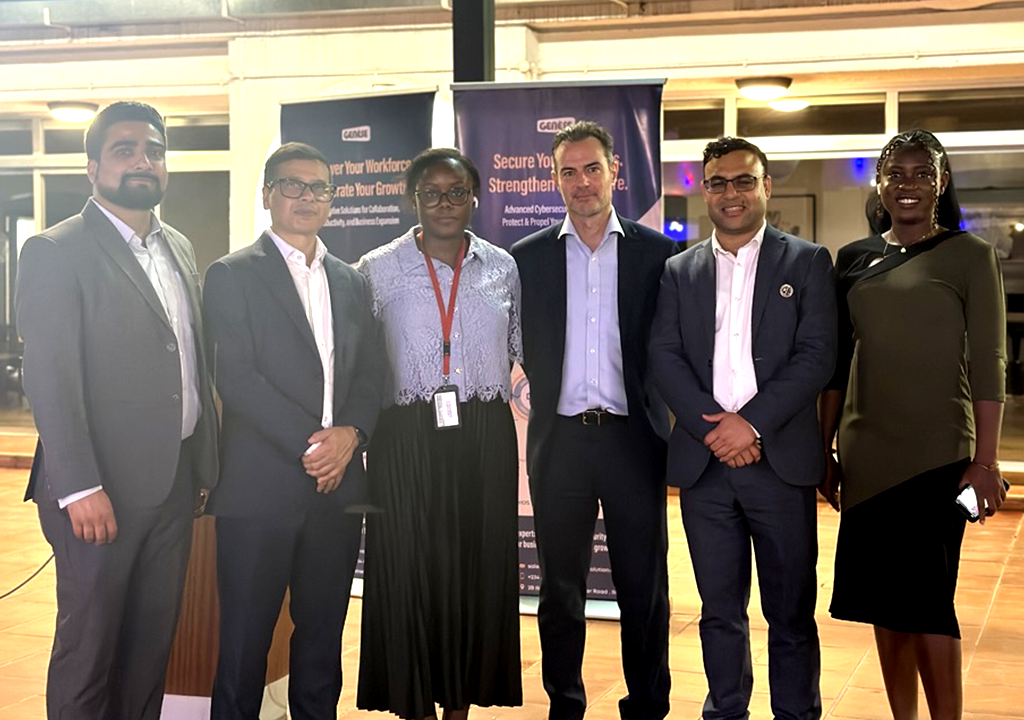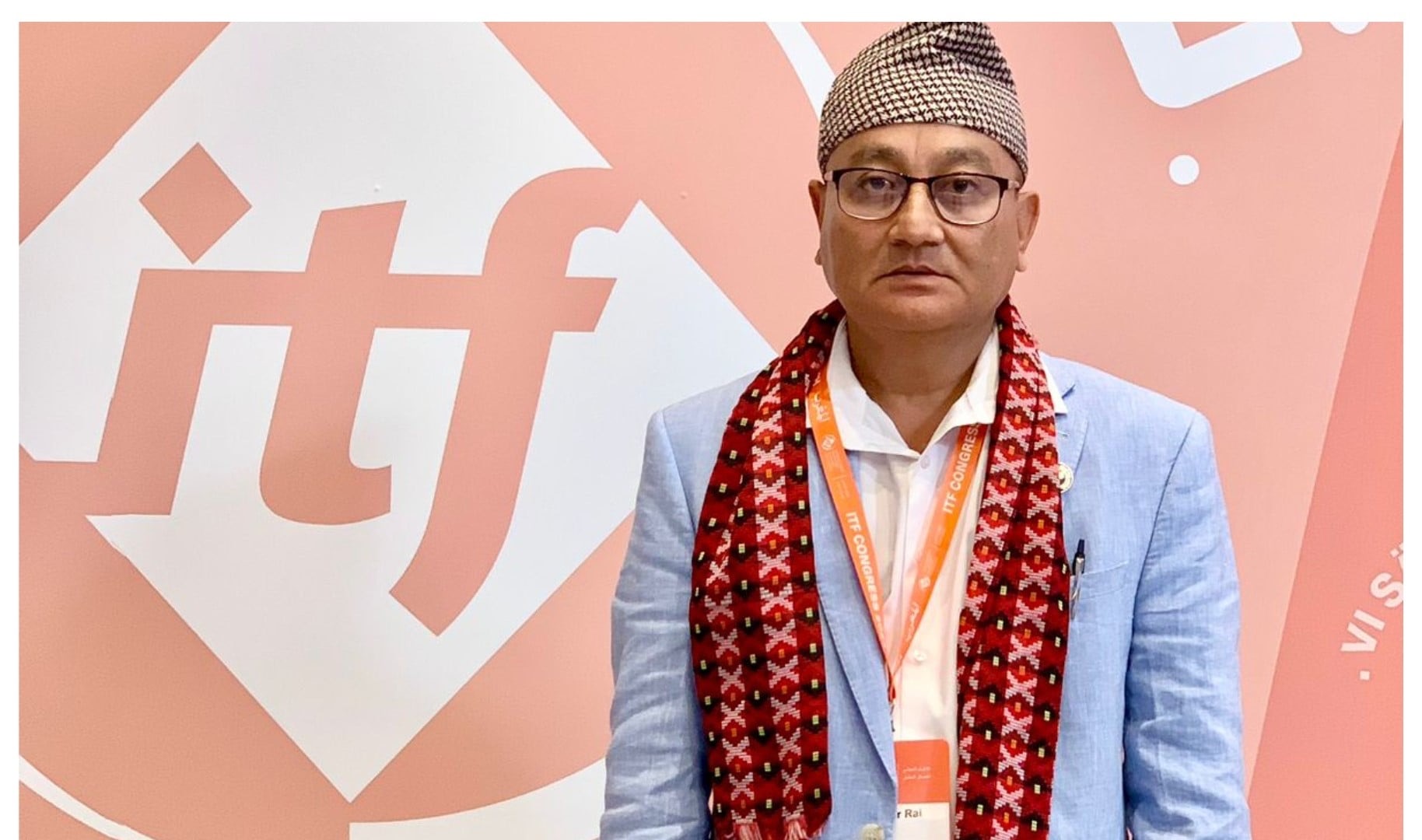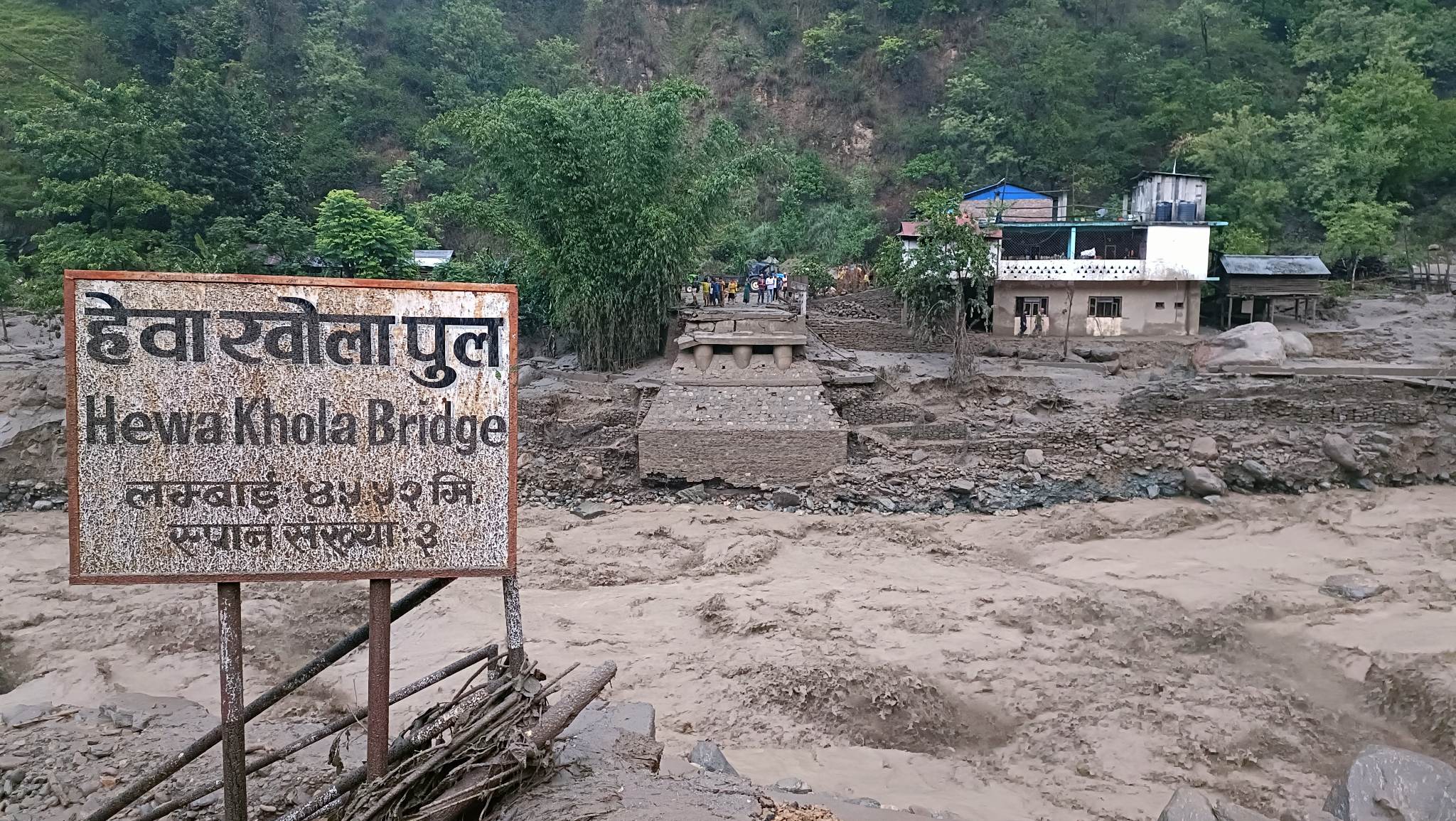UNESCO Convenes South Asian Experts to Counter Rising Tide of Hate Speech

Kathmandu, Nepal – Hate speech is on the rise in South Asia, fueled by misinformation, political divisions, social inequalities, and lack of justice, posing a serious threat to social cohesion and individual well-being. In response to this growing concern, UNESCO convened a diverse group of experts, policymakers, educators, activists, and digital platform representatives in Kathmandu, Nepal, in June 2023, to deliberate on effective strategies to combat the escalating challenge.
Hate Speech’s Far-Reaching Impact
Instances of hate speech have surged, with individuals from various walks of life experiencing derogatory comments, harmful stereotypes, and even explicit calls for violence based on their identities, such as religion, ethnicity, gender, and nationality. This hostile environment creates psychological harm, reinforces divisions, and can lead to physical violence.
One anonymous international relations student from Tribhuvan University, Nepal, shared their experience of being labeled a “terrorist” and being instructed to return to their “place of origin.” As a member of a Muslim minority, they grapple with feeling out of place in their own country. Their story echoes the experiences of many others who are targeted based on who they are.
Comprehensive Solutions
The symposium emphasized the urgency of addressing this issue through multi-pronged approaches:
Legal Measures: While protecting freedom of expression is crucial, finding a balance with curbing hate speech remains challenging. Defining hate speech is complex, often divisive and disputed. Legal measures need to align with international human rights standards.
Education: The education sector plays a pivotal role in shaping attitudes and behaviors. However, narratives that perpetuate hate speech can infiltrate educational materials and curricula. A comprehensive review of education is essential to identify problematic narratives, promote respect, and equip students with the skills to engage ethically.
Political Commitment: Policymakers have a critical role in shaping the content and context of learning. Their support is essential to implement changes in education that counter hate speech. High-level policy support was emphasized by representatives from Nepal, Sri Lanka, and the Maldives.
Youth Engagement: Involving young people in addressing hate speech was highlighted as important. Understanding cultural context and treating learners as co-creators rather than subjects of education was stressed. Youth should have agency in shaping solutions.
Dialogue with Digital Platforms: The expansion of the internet and social media has amplified the virulence of hate speech. Collaboration with digital platforms, transparency in content moderation, and improved policies are essential to curb its spread.
Partnerships: Collaborations among various stakeholders – digital platforms, civil society, educators, and policymakers – are crucial. Examples of successful partnerships, like the Damai Coalition, were shared as models of practical measures against hate speech.
UNESCO’s Action Plan
UNESCO’s commitment to addressing hate speech continues with a series of regional consultations in 2023 and 2024, aiming to mobilize political support and implement the UN Strategy and Plan of Action for Hate Speech. This regional approach acknowledges the specific challenges and contexts of South Asia while fostering inclusivity and promoting respect among diverse communities.

















Facebook Comments